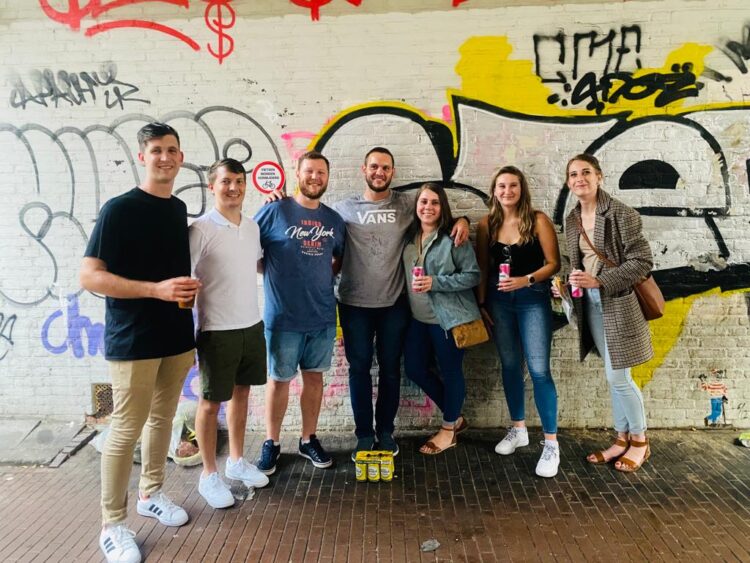Congratz! You took the plunge and decided to build a new life and career in the Netherlands. When moving to the Netherlands there is a lot of information you need to know. This page offers everything you need to know about moving to the Netherlands. Before you get stressed out by all the rules, let us tell you another time that we’re here for you to make this process run smoothly. Take your time reading the information below, but rely on our exceptional service.
EU and EFTA residents, including their close relatives, can enter the Netherlands without a visa. They are able to remain in the country without a visa. However, people arriving from Croatia have a restriction on longer stays. Anyone from the EU or EFTA who is staying longer than four months will be required to register and obtain a BSN. When moving to the Netherlands from outside of the EU/EFTA, you will need to apply for a long-term entry visa (MVV) to the enter the Netherlands. For people planning to stay longer than three months, you will need a residence permit. The MVV is needed to enter the Netherlands, the residence permit is acquired through the local immigration service (IND) and must be collected within two weeks of arrival.


Health insurance and social security payments are both mandatory for Dutch residents. Long-term Dutch residents will be eligible for public health insurance. Foreigners who are moving to the Netherlands are required to obtain public health insurance within four months of receiving their residence permit. People from EU/EFTA countries can use their European health insurance card, but are obligated to get Dutch health insurance if they will be staying for more than a year. When comparing Dutch health insurance with other European countries, it is expensive. However, the Dutch healthcare system is rated as the best system there is in Europe.
Social security contributions are obligated for everyone, regardless of your employment status. The social security system in the Netherlands is one of the most comprehensive throughout Europe and covers maternity and paternity leave, family benefits, unemployment benefits, sickness leave and long-term care.


When moving to the Netherlands, opening a bank account is fairly easy. Most employers in the Netherlands require you to have a Dutch bank account, to which they can transfer your salary. There is a wide variety of Dutch banking companies, our Mundialz are happy to advise you about your choice. Most banks have English speaking staff to help you open a new bank account. Opening a Dutch bank account requires a BSN and a valid identification. Sometimes you will also need your residence permit, this will be communicated by the bank. Our Mundialz are happy to help you with setting up your bank account in the Netherlands.


The Dutch tax system is complicated and varies a lot depending of your personal circumstances. Anyone working or living in the Netherlands, is classified as a residential taxpayer and will pay taxes on their worldwide assets. Every April, you will be required to fill out an self-assessment tax return. This is mostly done digital, with a lot of information already provided and filled in. Taxes in the Netherlands vary a lot and for more information we would advise you to visit our page about taxes in the Netherlands.


One of the first things to take care of when moving to the Netherlands is finding an accommodation. When moving to Amsterdam it will be more difficult and more expensive in comparison with moving to Eindhoven. Buying a home can take several months, so it is recommended for most internationals to rent an apartment or house. Around 40% of Dutch residents rents their accomodation, but a large portion of this is social housing. It is advised to use a rental agent to make sure there are no complications. It is also possible to rent furnished apartments, so you do not need to buy anything.
There are no laws or restrictions for foreigners buying or renting property in the Netherlands.

